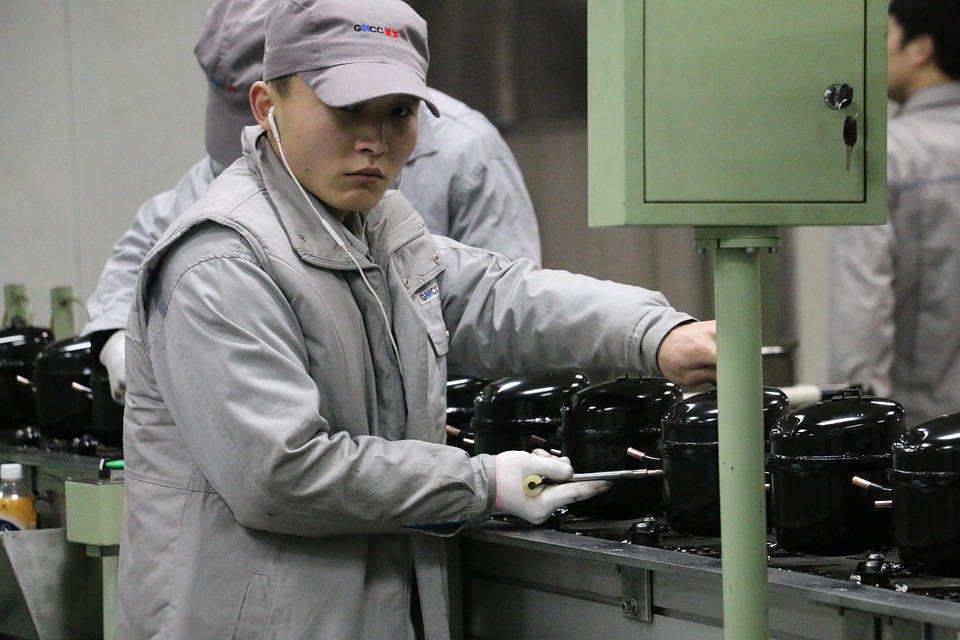The analytical division of the S&P rating agency - S&P Global Market Intelligence - issued a report assessing likelihood of corporate defaults in various sectors of the economy. Agency experts note that “the effect that the coronavirus epidemic continues to have is very obvious and continues to negatively affect many industries. In many countries, supply chains have been disrupted, unemployment has risen, and healthcare is going through difficult times... Despite unprecedented support measures from states and lowering base interest rates to almost zero, the pandemic still has an impact on a number of industries.”
To assess the risks of corporate defaults, S&P used the “market signals” methodology, in which the probability of default is estimated based on the dynamics of stock prices of a company in a particular industry, as well as the dynamics of the value and level of volatility of assets of companies operating in a particular industry (Probability of Default Model Market Signals - PDMS). According to the results of such an analysis, the highest risks of corporate bankruptcies were identified for the airline industry - in early March the median default probability was 9.84%, but by the end of March this figure rose to 23.2%. The reasons for the growth of risks are called border closures, a sharp reduction in air transportation, quarantine measures and a self-isolation regime introduced in many countries of the world.
The risk of corporate bankruptcies is also high among gambling companies (16.5%) and hotel and entertainment business (19.7%). S&P explains this by the sharp reduction in tourist activity, the almost complete halt of casinos, as well as the cancellation or reschedule of many cultural, entertainment and sports events, including the Olympics in Tokyo. The top 5 in terms of risk are also companies engaged in the production of automotive components (18.8%) and oil and gas drilling (22.5%). S&P notes that the suspension of many car factories and a drop in car sales markedly increased default risks for car component manufacturers, and “price wars between Russia and Saudi Arabia” led to a sharp drop in oil prices, and against the backdrop of a general slowdown in economic activity. This indicates a drop in oil demand and, as a result, the services of oil and gas companies.
As for industries where corporate default risks are minimal, here S&P analysts list several types of insurance business - property insurance against accidents (1.06%), life and health insurance (1%) and comprehensive insurance (0.92%). The top 5 industries with minimal default risks also includes companies investing in medicine and healthcare (0.5%) and industry (0.6%). Despite this, analysts also noted a relative increase in risks for these industries since early March.
source: standardandpoors.com
To assess the risks of corporate defaults, S&P used the “market signals” methodology, in which the probability of default is estimated based on the dynamics of stock prices of a company in a particular industry, as well as the dynamics of the value and level of volatility of assets of companies operating in a particular industry (Probability of Default Model Market Signals - PDMS). According to the results of such an analysis, the highest risks of corporate bankruptcies were identified for the airline industry - in early March the median default probability was 9.84%, but by the end of March this figure rose to 23.2%. The reasons for the growth of risks are called border closures, a sharp reduction in air transportation, quarantine measures and a self-isolation regime introduced in many countries of the world.
The risk of corporate bankruptcies is also high among gambling companies (16.5%) and hotel and entertainment business (19.7%). S&P explains this by the sharp reduction in tourist activity, the almost complete halt of casinos, as well as the cancellation or reschedule of many cultural, entertainment and sports events, including the Olympics in Tokyo. The top 5 in terms of risk are also companies engaged in the production of automotive components (18.8%) and oil and gas drilling (22.5%). S&P notes that the suspension of many car factories and a drop in car sales markedly increased default risks for car component manufacturers, and “price wars between Russia and Saudi Arabia” led to a sharp drop in oil prices, and against the backdrop of a general slowdown in economic activity. This indicates a drop in oil demand and, as a result, the services of oil and gas companies.
As for industries where corporate default risks are minimal, here S&P analysts list several types of insurance business - property insurance against accidents (1.06%), life and health insurance (1%) and comprehensive insurance (0.92%). The top 5 industries with minimal default risks also includes companies investing in medicine and healthcare (0.5%) and industry (0.6%). Despite this, analysts also noted a relative increase in risks for these industries since early March.
source: standardandpoors.com





